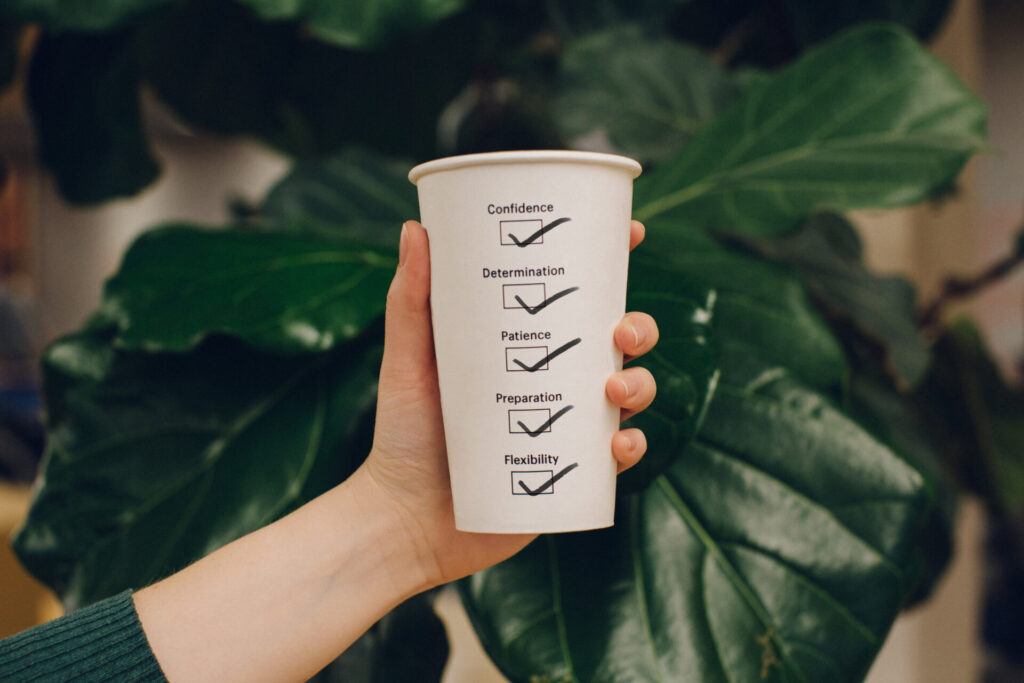Do you have an upcoming notarization appointment? Making your next notarization appointment smooth starts with you — the signer. While you may not know what to expect, I will help you to make sure your appointment goes as smooth as possible. A common question is: What do I need to bring when requesting notarization of a document? If you’re having trouble finding answers, here’s everything you need to know.

Know What Type of Notarization You Need
If you want a document notarized, you will need to find a local notary to perform the notarization. You will need to tell them what type of notarization you’re looking for. According to law, a notary cannot tell you what type of notarization you need. Ask your attorney or a legal professional to tell you what type you’ll need. If a notary tells you, it’s considered legal advice.
There are three basic types of notarizations: acknowledgements, jurats and certified copies. I’m including definitions of each from the National Notary Association’s website below.
- Acknowledgements (the most common type) — The purpose of an acknowledgment is to declare that you signed a document .
- Jurats — The purpose of a jurat is for you to swear or affirm that the contents of the document are true.
- Copy Certifications — The purpose of a certified copy is to confirm the copy is an exact replica of an original document. The notary’s stamp certifies that is true.
You will likely need either a jurat or acknowledgment. The only difference between the two is the notarization process. For a jurat, the signer must appear before the notary, sign while at the appointment, and swear to an oath.
The notary doesn’t need to witness the signature with an acknowledgment. The signer needs to acknowledge that is his or her signature.
Make Sure the Document is Complete Before the Notarization Appointment
As a notary, it is our duty to do everything in our power to prevent identity fraud. Adding information to an incomplete document after a notarization is illegal. Due to this, notaries can’t notarize a document that is incomplete.
Be sure to skim the document to make sure it’s 100% completed. When working with loan products and packages, I scan all pages to ensure everything looks complete.
Make Sure You Have the Proper Form of ID
You will most likely need on to two forms of ID. If you are closing on a loan or another real estate transaction. you may need two.
If you’re not, you’re more likely only going to need one form of ID. In California the following are most acceptable forms of ID:
ACCEPTABLE IDENTIFICATION
- California Driver’s License.
- California Indentificaiton Card.
- Out Of State Driver’s License.
- Out Of State Identification Card.
- Canadian Driver’s License.
- Mexican Driver’s License.
- U.S. Passport.
- Foreign Passport(Stamped by USCIS)
Consult your Loan Officer Before a Notarization Appointment if You’re Closing on a Mortgage Product
If you’re closing on a mortgage product, some documents may need further explanation. Be sure to contact your loan officer before the closing appointment. . Notaries aren’t allowed to explain the whys and the hows of any document. We can only answer the ‘what’ and the ‘where’ questions.
For example: I can answer ‘where is my interest rate located?’ I can’t answer ‘Why is my interest rate 3.5%?’ or ‘What do you think of my rates?’
Furthermore, if you need more insight, reach out to your loan officer. They can prepare you on what to expect or answer pertinent questions.
Are you looking for a notary in San Pedro or Los Angeles County
Click here to contact me today to notarize or conduct your next appointment.
Sources:
1






